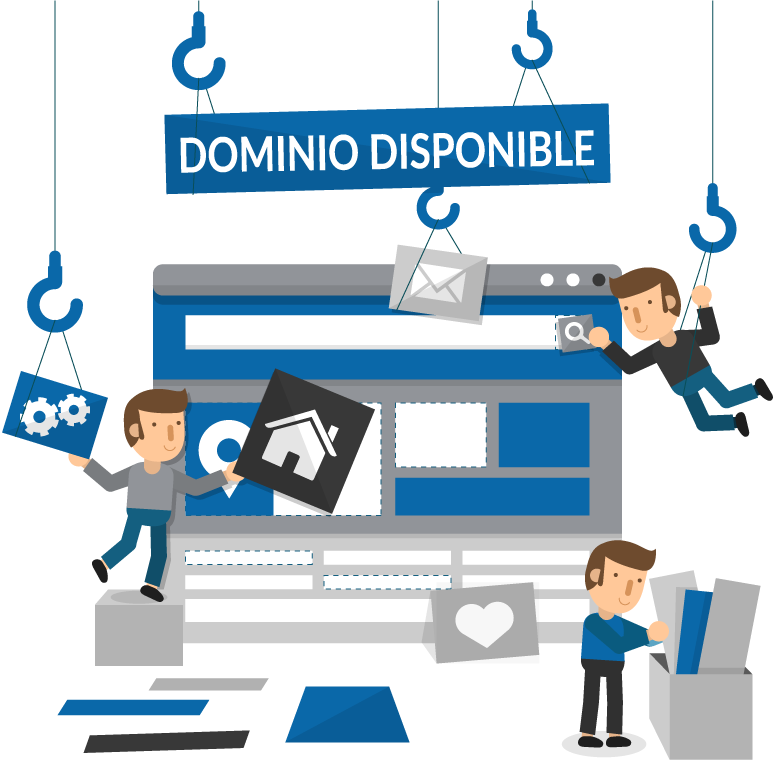
¡ENHORABUENA!
EL DOMINIO inmorakosi.es ESTÁ DISPONIBLE
CONTRATA AHORA LA SOLUCIÓN INMOBILIARIA
MÁS COMPLETA DEL MERCADO desde 30€/mes*

Consulta nuestros planes de precios